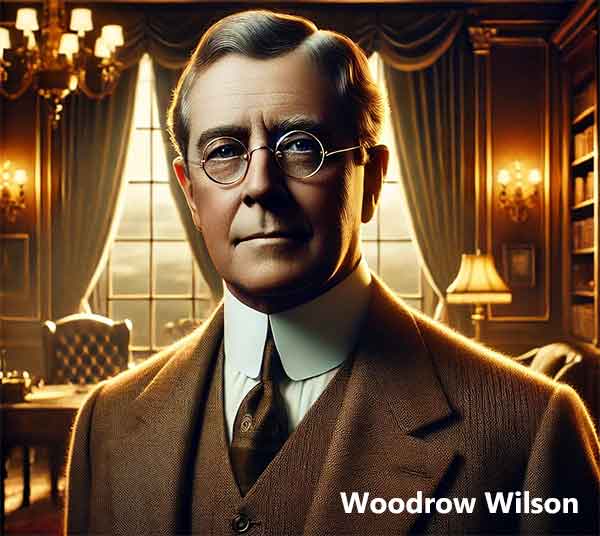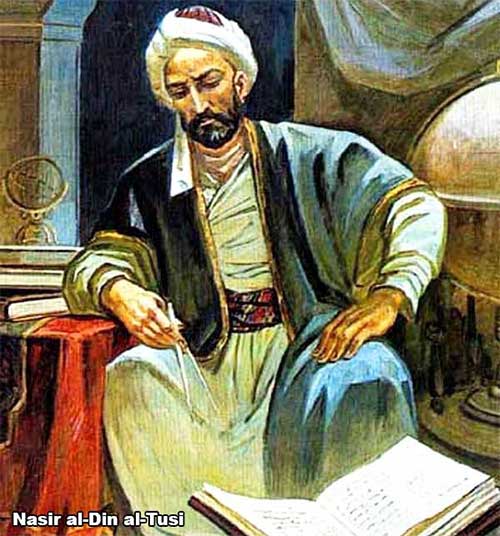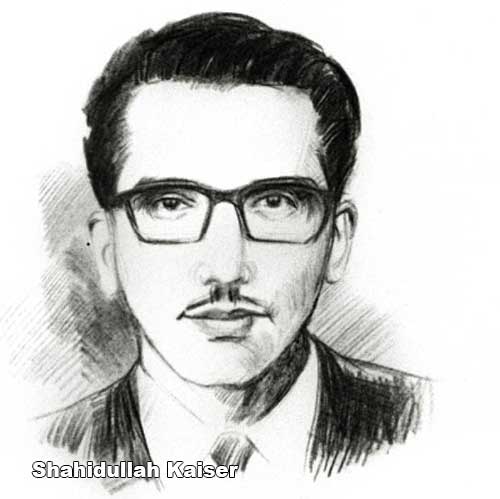
Woodrow Wilson remains one of the most fascinating figures in American history, celebrated for his visionary leadership and enduring legacy. As the 28th President of the United States, Wilson's transformative policies and global influence shaped the course of the 20th century. From domestic reforms to international diplomacy, his leadership continues to inspire leaders worldwide.

Early Life and Education
Thomas Woodrow Wilson was born on December 28, 1856, in Staunton, Virginia. Growing up during the Civil War and Reconstruction era, his early experiences profoundly influenced his political outlook. Wilson demonstrated a sharp intellect from a young age and pursued education fervently. He graduated from Princeton University, earned a law degree from the University of Virginia, and completed his Ph.D. at Johns Hopkins University, becoming the only U.S. president to hold a doctorate.
The Rise to Political Prominence
Before entering politics, Wilson served as a professor and later as the president of Princeton University. His leadership skills and reformist vision gained him national attention. In 1910, he was elected governor of New Jersey, where he championed progressive reforms such as workers’ compensation and electoral reform, setting the stage for his presidential ambitions.
Woodrow Wilson’s Presidency
Wilson’s presidency, which lasted from 1913 to 1921, was marked by groundbreaking achievements in domestic and foreign policy. His vision for a more just and democratic society was encapsulated in his New Freedom agenda, which focused on tackling monopolies, restoring economic competition, and enacting social reforms.
Domestic Achievements
• Federal Reserve Act of 1913: Wilson established the Federal Reserve System to stabilize the banking industry and provide the nation with a safer and more flexible monetary framework.
• Clayton Antitrust Act: This act reinforced antitrust laws, curbing monopolistic practices and protecting labor unions.
• 16th and 17th Amendments: Wilson supported the adoption of income taxes and the direct election of senators, which strengthened democratic principles.
Progressive Ideals
Wilson’s progressive ideals often extended to advocating for the underprivileged. His administration introduced child labor laws and improved workplace safety standards. However, his record was marred by his support for segregation policies, reflecting the racial prejudices of his era.
Leadership During World War I
One of the most defining moments of Wilson's presidency was World War I. Initially, he maintained a policy of neutrality, reflecting the sentiment of many Americans. However, repeated German provocations, including the sinking of the Lusitania and the interception of the Zimmermann Telegram, forced the U.S. into the war in 1917.
Mobilizing the Nation
Wilson led a massive mobilization effort, transforming the U.S. economy and military to meet the demands of a global conflict. He also established the Committee on Public Information to galvanize public support for the war effort.
Fourteen Points and the League of Nations
At the end of the war, Wilson proposed his visionary Fourteen Points, a blueprint for lasting global peace. Central to this was the creation of the League of Nations, an international organization aimed at preventing future conflicts. Despite its global appeal, the U.S. Senate ultimately rejected the League, a significant setback for Wilson.
Woodrow Wilson’s Legacy
Wilson's legacy is a blend of extraordinary achievements and controversial policies. He is remembered for reshaping the role of government in American life and advocating for international cooperation.
Impact on International Relations
Wilson's efforts to promote democracy and self-determination influenced global politics for decades. His ideas were pivotal in decolonization movements and the establishment of institutions like the United Nations.
Domestic Reforms
At home, Wilson's reforms laid the foundation for future economic stability and expanded citizens' rights. His presidency set a precedent for a modern, activist government.
Heinrich Böll and His Impact on German Literature and Global Thought
Wilson's legacy extended beyond politics, inspiring cultural movements. Writers like Heinrich Böll, known for exploring humanism and morality, paralleled Wilson's emphasis on justice and ethical responsibility in global thought.
Wilson's Health and Final Years
Toward the end of his presidency, Wilson suffered a severe stroke, which impaired his ability to govern effectively. Despite his declining health, he remained steadfast in his commitment to his ideals. After leaving office, he lived a quiet life until he died in 1924.
Important Lessons from Woodrow Wilson
Wilson’s life offers several valuable lessons for today’s leaders:
• The Power of Vision: His progressive reforms and international diplomacy underscore the importance of long-term vision.
• Resilience in Adversity: Wilson's leadership during the war illustrates the necessity of resilience during challenging times.
• The Need for Collaboration: His struggles with the League of Nations highlight the importance of collaboration and compromise in leadership.
Conclusion
Woodrow Wilson’s inspiring leadership and legacy remain influential in shaping both American history and global diplomacy. His contributions to progressive reforms, economic policies, and international relations highlight his far-reaching impact. While his presidency was not without its flaws, Wilson's vision for a fairer and more just society continues to resonate. Future generations can draw inspiration from his dedication to principles and unwavering commitment to progress.
#WoodrowWilson #Leadership #Legacy



